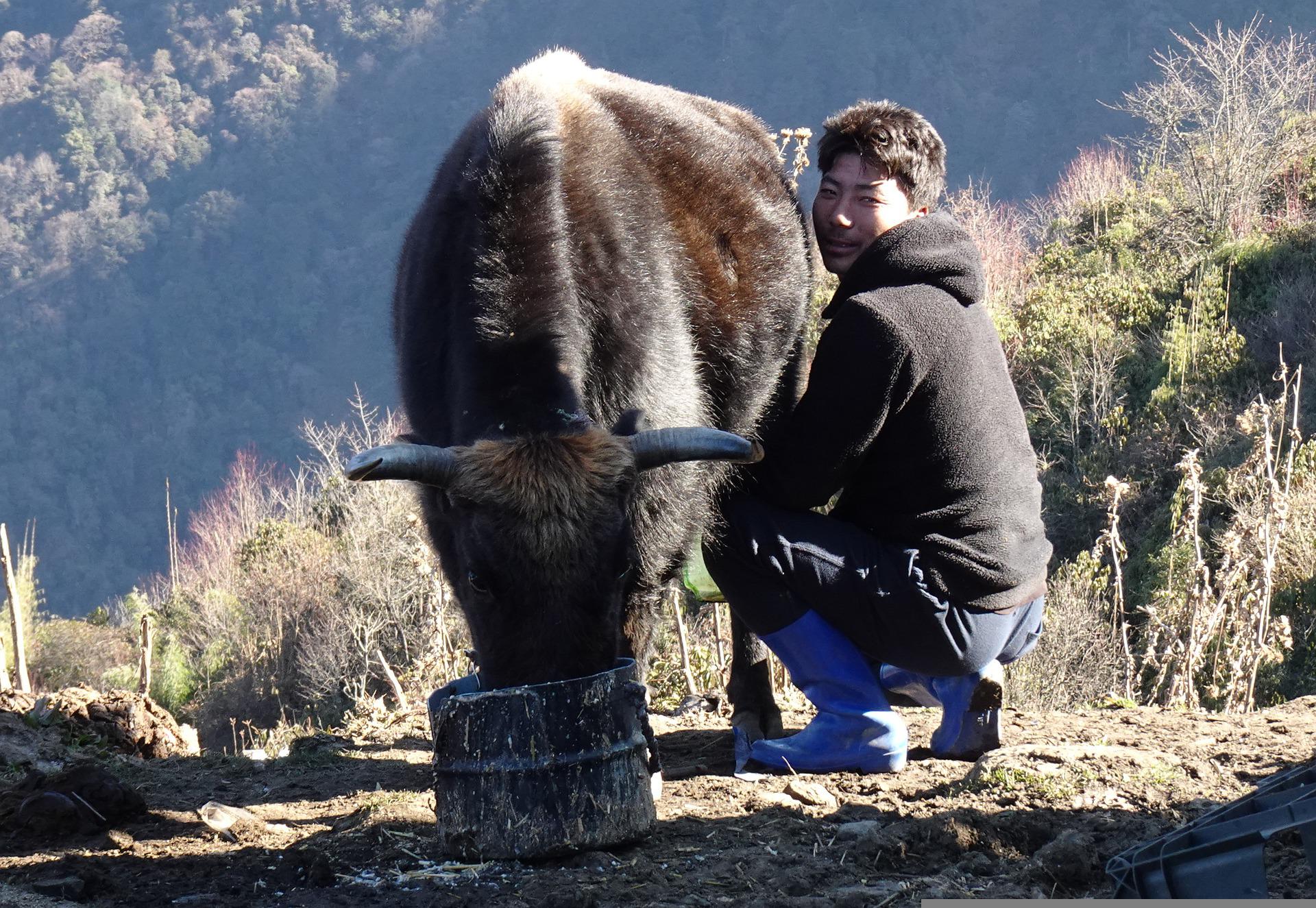Can We Go Back to Our Roots?

Can we go back to our roots? I am an immigrant to the United States. Moved here to the states about five years back from India after a short stint of two years in China. Although I am a permanent resident here with a green card, but often I brood over the thought of moving back to India. We live in a white majority neighborhood with almost all local Americans and have very well assimilated into the community.
But still it seems to me often I don’t belong here. As if my roots beckon me. I wonder why it is so. But there is no good rational answer, as if the heart says to go back and the head tries to argue to stay here. If you are an immigrant, you could understand what I am trying to say. It is truly a dilemma. More so, can we go back to our roots even if our heart tells us to do so? In this post, let’s dive into this.
“Give the ones you love wings to fly, roots to come back and reasons to stay.”
~ Dalai Lama
Contents
Related Posts on Can We Go Back to Our Roots?
- Why Our Roots Beckon Us?
- How to Break the Circle of Money
- Pursue Your Calling Or Money?
- How Much Money You Need to Live a Fulfilled Life?
- 6 Conditions for Happiness Even Being Poor
- 10 Drivers For Finding Fulfillment in Life
Why Our Roots Beckon Us?
Recently I watched a movie in Netflix, Lunana: A Yak in the Classroom. The movie is about a young teacher working for the ministry in the mountainous country of Bhutan, yearning to emigrate to Australia. The characters in the movie are real life persons and are not professional actors. That is the most beautiful part of this movie. Which paints the reality so well and truly moves our souls. It is more a visualization of real-life stories on celluloid from ordinary people living in the mountains. About their simple lives, and how the western culture of materialism and lure of a better quality of life influences them.
The question here is about supposedly better quality of life. More so, I have written several posts on how emigration improves the quality of lives of people living in developing and underdeveloped countries. But at what costs? What does one lose when they emigrate to other countries for a better quality of life? Which also leads to the question: can’t we be happy living simple lives without all the materialistic possessions? This is a very complex question.
Then when we move to other countries in pursuit of a better quality of life, then the question on the table comes up: how do we really define a better quality of life? What happens when everything we loved back at home beckons us? Our near and dear ones. More so, the people at large, the culture and the land. What are we missing on this journey? Then, when we realize our roots beckon us, can we really then go back to our roots? Rather is it too late? Or it’s never too late to go back to our roots?
Can We Go Back to Our Roots?
As per the famous quote by the Dalai Lama, “Give the ones you love the wings to fly, roots to come back and reasons to stay.” How profound this quote is! It answers the question on hand. Can we go back to our roots? In short, we can. What the quote says is that we should give the ones we love the wings to fly, means provide them education and skills that can take them places across the world. But also at the same time give them the roots to come back if they wish to and then the reasons to stay in their roots.
My father worked in the public sector undertaking companies in India, which means government-owned companies transferable across the length and breadth of India. So we moved to places in India. I was born in the eastern part of India and grew up in north, west, east and the south. But my father, having his roots from Bengal, moved back to Kolkata after he retired (erstwhile Calcutta, the city of joy).
So for me, having immigrated from India to the Unities States and now being a permanent resident here, can I go back to India? Let’s deep dive into this topic.
Why Go Back
The reasons to move back can vary from being close to our parents and relatives, the food, the culture, the people and/or the land. More so, it can be the reason to serve the homeland.
Just as in the movie Lunana: A Yak in the Classroom, the students and community reveres the contributions of the teacher. They consider the teacher to enlighten and show the right direction in life to its pupils. That stems from Hindu and Buddhist cultures. Where they consider teachers as gurus and hold them in high regards within society.
Why Not Go Back
Then what are the reasons to not go back? The primary reasons any immigrant might cite is the future of their next generations. That is true in my case as well. I would like to provide my kids the opportunity to study and make a living in the US. You may ask why not in India then? Although there are many reasons my roots beckon me but the reality is also there are reasons which pull back India and impede its progress. The primary reasons being discrimination against women and freedom of expression.
India is a land of taboos, especially against women, and underprivileged classes. Classes are not a word that is prevalent in the western world today, but it is still the premise of society in India. The infamous caste system. There are still discriminations against the marginalized lower castes in India. There are still untouchables in India. Can you imagine, they forbid you to touch a person only because the person belongs to the lowest untouchable caste?
Then discrimination against women is not unheard of. It happens in the west as well, in developed countries. But in India, I think it is still more rampant. Among the poor, there is still a preference to educate the son and not the daughter. That is because sons they consider sons to be the earning members of the household.
The point that I want to make here is that these practices influence our next generations. I would rather like my next generation to develop with no social inhibitions. So that they grow to their fullest capabilities.
Then, once grow into adults and can make their own life choices, it is more on them whether they would like to go back to their roots or not.
To Go Back or Not to Go Back
Now comes the key question of whether we should go back to our roots. This is usually a big dilemma for most immigrants. Many immigrants continue to stay back in their new countries since they later spend a considerable part of their lives. The other reason is that since their children get settled as first generations, these kids often face an identity crisis. But their immigrant parents continue to stick around with their kids even if their heart yearns to go back. Often, their mind takes over their hearts.
But the question here is, do we always to heed to our minds or sometimes we should listen to our hearts as well? What if we listen to our hearts and go back to our roots and give the choice to our next generation? More over, since these first generation kids grow up in their new countries, they often forget their cultures and the roots. We can argue about it whether it is good or bad. Or it should happen or not? But it is that it will be their choice. To me, I think we need to teach our kids their cultures and make sure they understand where their roots are. What their culture and values are.
Further more, we live only one life. So it makes sense we try to live a happy and fulfilling life. Sometimes I think it makes sense to listen to your heart because we truly can be happy if we listen to our hearts.
Conclusion on Can We Go Back to Our Roots?
Finally, let’s get back to the question of this post. Can we go back to our roots? The answer is yes, but there are several considerations around it. Some of which are practical that are mind driven and some may not sound makes sense driven by our hearts. So if you are an immigrant, what do you think? Can you go back to your roots?

Leave a Reply
You must be logged in to post a comment.